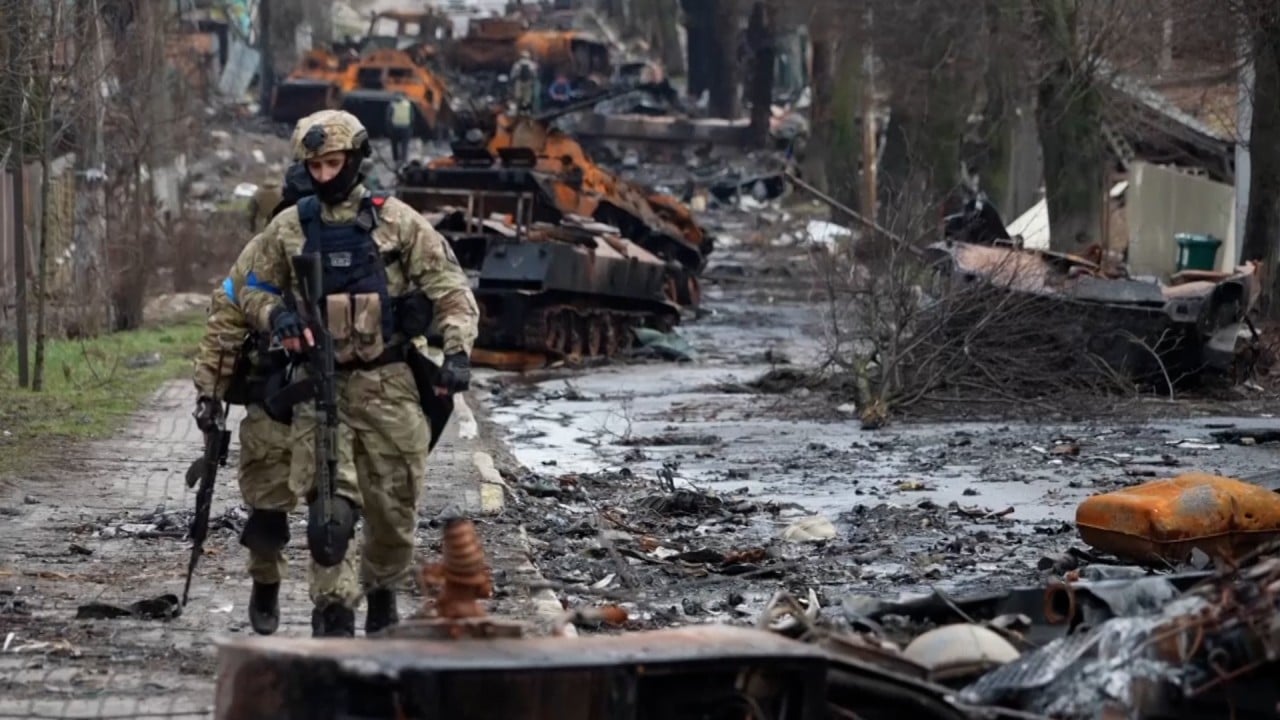
How the Ukraine crisis is hurting China’s soft power ambitions
- With its aggressive diplomacy, handling of Covid-19 and tightening grip on Hong Kong, China’s image abroad had already taken a battering
- It’s stance on Ukraine hasn’t helped and Beijing must now distance itself from Moscow, and seek to negotiate a peace deal, to avoid further damaging its reputation
In Morocco recently, I discussed with a tour guide Russian President Vladimir Putin’s invasion of Ukraine. “We African countries are not strong enough to stand up to Putin,” he said ruefully. “Why hasn’t China condemned the invasion?”
“What do you think?” I asked. He replied that perhaps China cared only about ideology or wanted to benefit from the chaos. In the eyes of this Moroccan, China’s image has dimmed.
Dr Maria Repnikova of Georgia State University, an expert on China’s soft power, said that, “China’s soft power ambitions or attempts to build a more favourable image of itself globally, and in particular, in the West, have been somewhat derailed by Russia’s war in Ukraine.”
“China’s image has been damaged in the West, because of its stance on Ukraine,” said Repnikova, a Latvian native who speaks both Russian and Chinese. The damage has been less severe in the global South, she added, where “we see a number of elites also invoking similar narratives to China – narratives critical of the West or aimed at exposing Western hypocrisy”.
Why China is refusing to choose between Russia and Ukraine
As the war drags on and evidence of apparent war crimes is gathered in Ukraine, China’s stance looks increasingly untenable.
However, the US needs to stop taking the self-appointed moral high ground and criticising or threatening China if it wants Beijing to play a positive role. America does not offer enough carrots and swings its big stick too freely. An increasingly assertive China doesn’t want to be seen to be coerced. It has said repeatedly that it would handle the crisis in its own way.
If China succeeds in reaching a peace deal, its reputation will enjoy a great leap forward; should it fail, the world would still appreciate the effort. Otherwise, its global image will suffer further.
In Morocco, people expressed deep concerns over the war. Some fear a third world war, with the US and the West on one side, and Russia, China and North Korea on the other.
Do Chinese leaders really want to be tied to those two nations?
Lijia Zhang is a rocket-factory worker turned social commentator, and the author of a novel, Lotus



